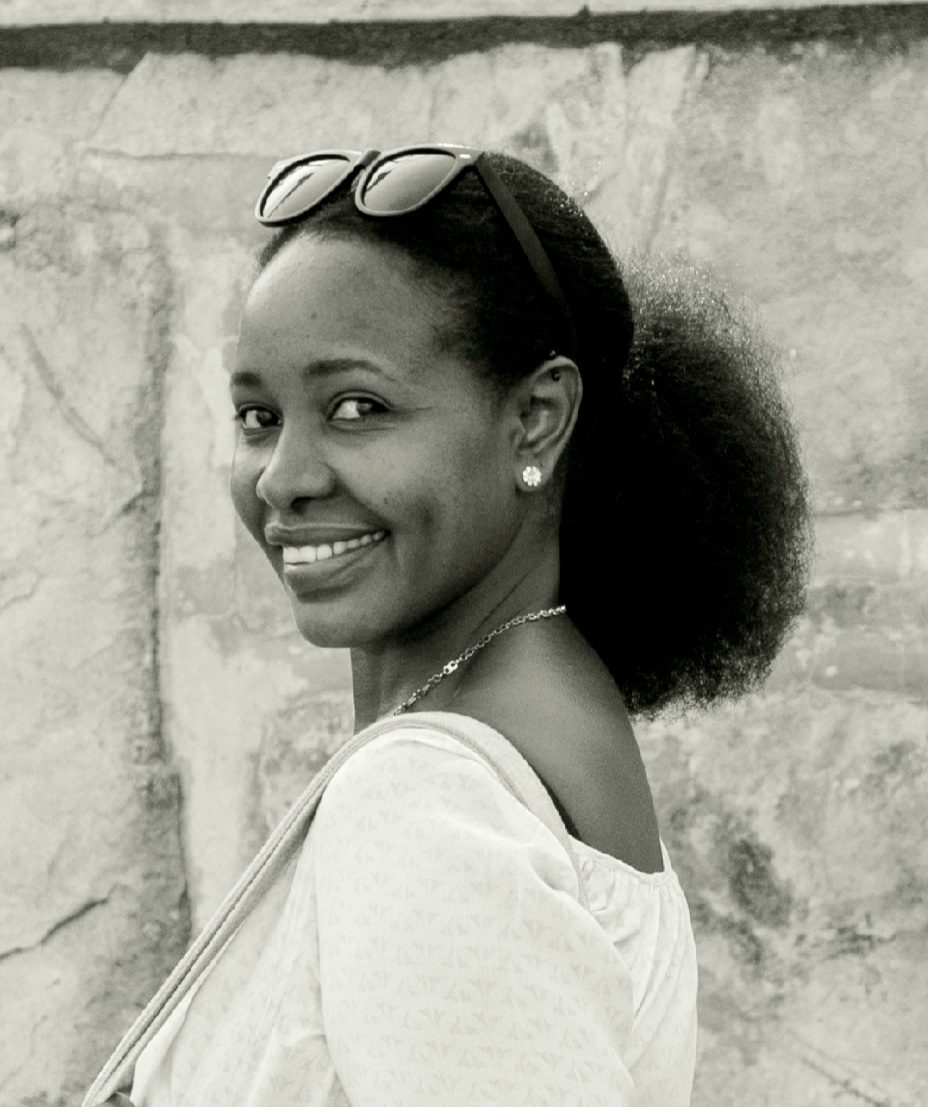Gender equity, mental health take center stage as women in business tackle work-life balance

Panelists during a discussion as women in the entrepreneurship space came together in a series of workshops at Norrsken House Kigali on August 1. Courtesy

